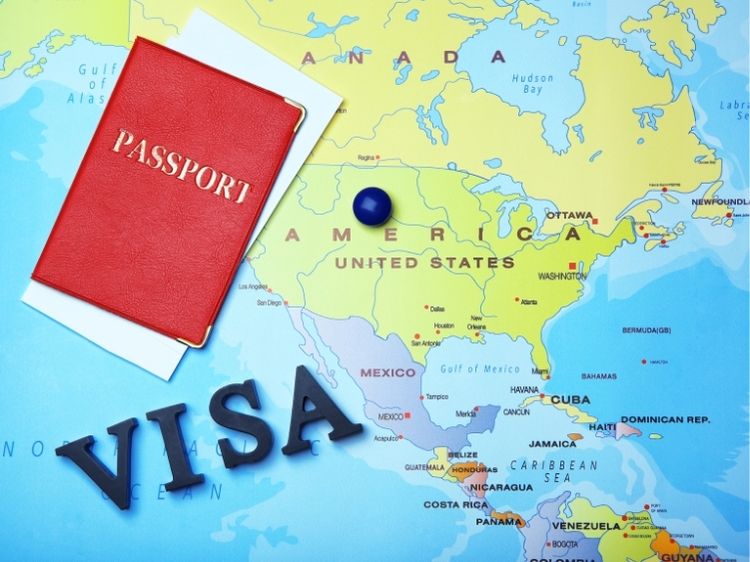Planning a dream vacation? Whether you’re soaking up the sun on a tropical beach, exploring ancient ruins, or skiing down snow-covered mountains, the last thing you want to think about is something going wrong. But let’s be real: accidents happen, flights get delayed, and luggage can go missing. That’s where travel insurance comes in! It’s your safety net when your adventure takes an unexpected turn.
In this comprehensive guide, we’ll break down everything you need to know about travel insurance, from what it covers to how to choose the right plan. We’ll also answer some of the most common questions so you can travel with peace of mind, knowing you’re covered.
What is Travel Insurance?
Travel insurance is a policy that protects you from financial losses and inconveniences that may arise during your trip. It’s designed to cover unexpected events, like trip cancellations, medical emergencies, lost baggage, and even flight delays. Essentially, it acts as a financial cushion, so you’re not left footing the bill when things go wrong.
Why You Need Travel Insurance
You might be thinking, “I’m healthy, and I’ve never had a trip go sideways—why do I need travel insurance?” The truth is, no one plans for emergencies, but they can happen to anyone, anywhere. Here are some key reasons why travel insurance is essential:
- Medical Coverage: If you fall ill or get injured while abroad, your domestic health insurance likely won’t cover the costs. Travel insurance ensures you’re not stuck paying for expensive medical bills.
- Trip Cancellation: Sometimes, life throws curveballs—illness, family emergencies, or natural disasters. If you need to cancel or cut your trip short, travel insurance can reimburse non-refundable costs.
- Lost or Stolen Belongings: From lost luggage to stolen passports, travel insurance helps cover the costs of replacing essential items.
- Flight Delays: If your flight gets delayed or canceled, you could be stuck paying for an extra night at a hotel. Travel insurance helps cover these unexpected expenses.
Types of Travel Insurance Coverage
Not all travel insurance policies are created equal, and what’s covered depends on the type of plan you choose. Here’s a quick breakdown of the main types of coverage:
- Trip Cancellation and Interruption
- Covers non-refundable expenses if you need to cancel or interrupt your trip due to illness, death, or other covered reasons.
- Medical Insurance
- Covers emergency medical treatment and hospital stays while traveling. Some plans also cover medical evacuation.
- Baggage Loss or Delay
- Reimburses you for lost, damaged, or stolen luggage and personal belongings. This also covers delayed baggage.
- Flight Delay or Cancellation
- Compensates for additional expenses, like meals or accommodation, if your flight is significantly delayed or canceled.
- Accidental Death and Dismemberment
- Provides compensation in the event of a serious injury or death while traveling.
- Rental Car Coverage
- Covers damage or theft of a rental car during your trip.
How to Choose the Right Travel Insurance
Choosing the right travel insurance can feel overwhelming, but it doesn’t have to be! Keep these tips in mind when selecting a policy:
- Evaluate Your Needs: Are you taking an adventurous trip that involves risky activities? Or is it a laid-back vacation? Different trips require different levels of coverage, so make sure your policy matches your itinerary.
- Check Your Existing Coverage: Sometimes, your credit card or health insurance may already offer travel protection. Before purchasing a new plan, check to see if you’re already covered.
- Compare Plans: Don’t settle for the first policy you find. Take the time to compare different options. Look at coverage limits, exclusions, and price to find the best deal.
- Read the Fine Print: Always read the terms and conditions carefully. Make sure you understand what’s covered—and what’s not—before purchasing the policy.
Common Travel Insurance Exclusions
While travel insurance provides excellent coverage for many scenarios, it’s not a catch-all solution. Here are a few common exclusions:
- Pre-existing Conditions: Many policies won’t cover medical expenses related to pre-existing conditions unless you buy a policy with a pre-existing condition waiver.
- High-Risk Activities: Planning to bungee jump or go skydiving? Not all policies cover extreme sports, so check before you go.
- Routine Medical Care: Travel insurance is for emergencies only. It doesn’t cover routine check-ups or non-urgent care.
- Pandemics and Epidemics: Some policies have exclusions for pandemics, so make sure to double-check what’s covered before traveling in uncertain times.
FAQs about Travel Insurance
Q: How much does travel insurance cost?
A: The cost of travel insurance varies based on factors like the length of your trip, the type of coverage, your age, and your destination. On average, it ranges from 4% to 10% of your total trip cost.
Q: When should I buy travel insurance?
A: It’s best to purchase travel insurance as soon as you book your trip. Some policies offer additional benefits if you buy within a specific time frame, like coverage for pre-existing conditions or ‘cancel for any reason’ policies.
Q: Does travel insurance cover COVID-19?
A: Some policies include COVID-19 coverage, while others don’t. If this is important to you, make sure to choose a plan that specifically mentions COVID-19-related coverage for medical care and trip cancellations.
Q: Can I buy travel insurance after I’ve started my trip?
A: No, most insurance companies require you to purchase a policy before your departure. Once you’ve started your trip, it’s too late to buy coverage.
Q: Is travel insurance mandatory?
A: Travel insurance isn’t always mandatory, but some countries, cruises, or tours may require it. For example, countries like Cuba and the Schengen Zone in Europe require proof of travel insurance for entry.
Conclusion
Travel insurance isn’t just a luxury—it’s a necessity for any well-planned trip. Whether you’re traveling for business or pleasure, having travel insurance gives you peace of mind knowing you’re protected if something goes wrong. From medical emergencies to lost luggage, travel insurance has your back when you need it most. So before you head out on your next adventure, make sure you’re covered!



